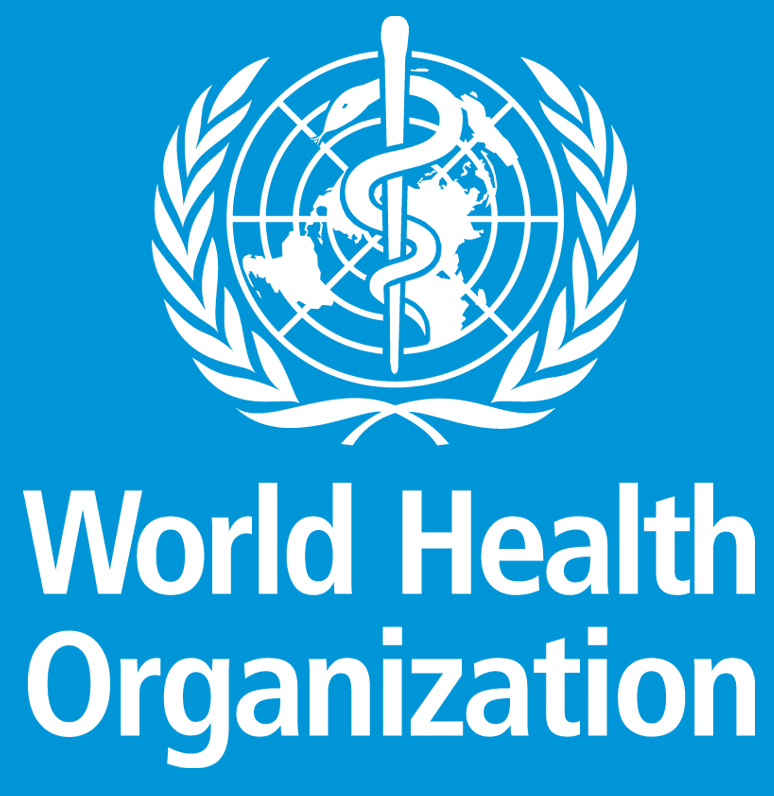
The interim report on the “Fourth round of the global pulse survey on continuity of essential health services during the COVID-19 pandemic: November 2022–January 2023,” noted that by early 2023, countries reported experiencing reduced disruptions in the delivery of routine health services, but highlighted the need to invest in recovery and stronger resilience for the future.
Among the 139 countries that responded to the fourth round of WHO’s pulse survey, countries reported continued disruptions in almost one-quarter of services on average.
In 84 countries where trend analysis is possible, the percentage of disrupted services declined on average from 56 per cent in July-September, 2020 to 23 per cent in November 2022 to January 2023.
“In this survey, fewer countries reported intentionally scaling back access across all service delivery platforms and essential public health functions since 2020-2021 reporting, showing an important step to return to pre-pandemic levels of service delivery and broader system functioning.
“By the end of 2022, most countries reported partial signs of service recovery, including in services for sexual, reproductive, maternal, newborn, child, and adolescent health; nutrition; immunization; communicable diseases (including malaria, HIV, TB, and other sexually-transmitted infections); neglected tropical diseases; noncommunicable diseases; management of mental, neurological and substance use disorders; care for older people; and traditional and/or complementary care.
“The number of countries reporting disruption to their national supply chain system reduced from nearly half (29 of 59 responding countries) to about a quarter (18 of 66 responding countries) within the last year,” WHO said in a press statement
It, however, said despite signs of recovery, service disruptions persist across countries in all regions and income levels, and across most service delivery settings and tracer service areas.”
It said countries expressed the need for its support to address remaining challenges in the COVID-19 context and beyond, most frequently related to health workforce strengthening, building the monitoring capacities of health services, and designing primary health care.
“It is welcome news that health systems in the majority of countries are starting to restore essential health services for millions of people who missed them during the pandemic,” said the WHO Director for Integrated Health Services, Dr Rudi Eggers. “But we need to ensure that all countries continue to close this gap to recover health services, and apply lessons learnt to build more prepared and resilient health systems for the future.”




